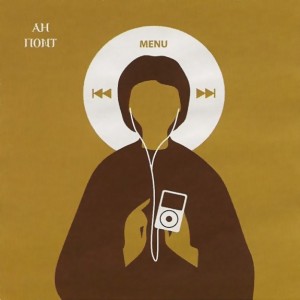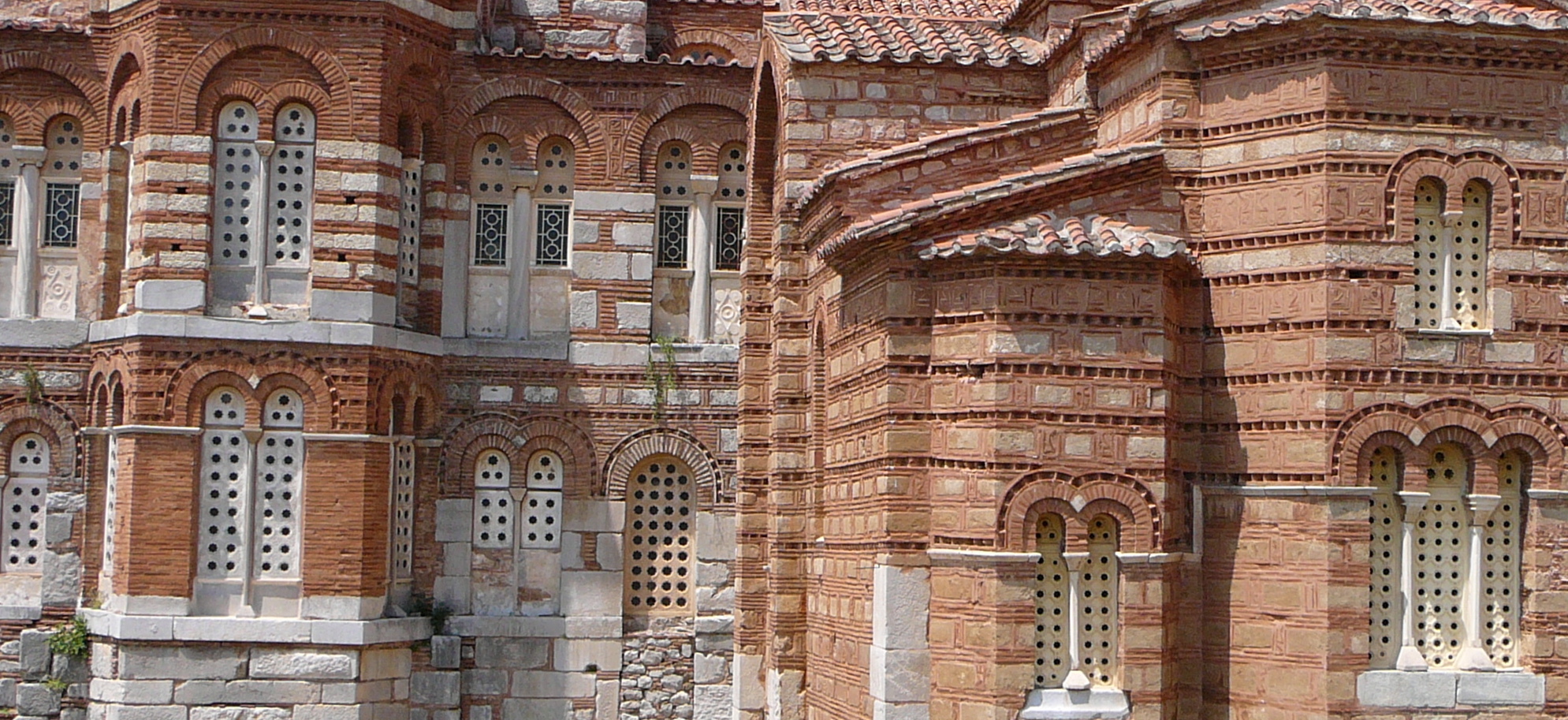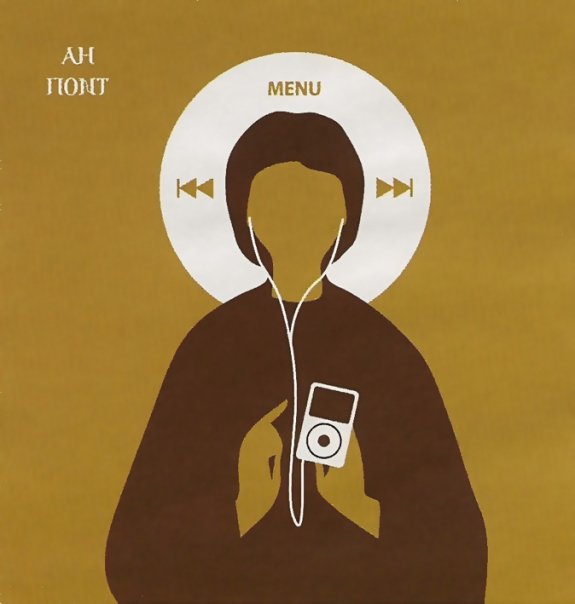Episodes

Thursday Mar 09, 2023
89. The resilience and agency of rural communities, with Fotini Kondyli
Thursday Mar 09, 2023
Thursday Mar 09, 2023
A conversation with Fotini Kondyli (University of Virginia) about our changing picture of rural communities in late Byzantium, based on her book Rural Communities in Late Byzantium: Resilience and Vulnerability in the Northern Aegean (Cambridge University Press 2022). We talk about resilience in times of crisis -- the fourteenth century was not an easy one! -- and about how we can reimagine and restore the power and agency of these rural non-elites. We also talk about survey archaeology, one of our main tools for accessing these communities.

Thursday Feb 23, 2023
88. Women’s labor, with Anna Kelley
Thursday Feb 23, 2023
Thursday Feb 23, 2023
A conversation with Anna Kelley (University of St. Andrews) about women's labor and occupations in the Roman and later Roman empire. It turns out that they may have engaged in more types of business and workshop production, especially in textile manufacture and marketing, than contemporary gender norms suggest. The conversation is based on Anna's article 'Searching for Professional Women in the Mid to Late Roman Textile Industry,' Past and Present 258 (2023) 3-43. You can read that article at https://doi.org/10.1093/pastj/gtac007

Thursday Feb 09, 2023
87. Dragons! with Scott Bruce
Thursday Feb 09, 2023
Thursday Feb 09, 2023
A conversation with Scott Bruce (Fordham University) about dragons, ancient, medieval, and early modern, from around the world. Where did our "canonical" image of the dragon come from? What other kinds of dragons existed? What did dragons mean in different cultures? The conversation is based on Scott's recent anthology, The Penguin Book of Dragons (2021), which has a chapter on Byzantine dragons.

Thursday Jan 26, 2023
Thursday Jan 26, 2023
A conversation with Amanda Luyster (College of the Holy Cross) on how to organize a museum exhibition, from conception and design to securing the objects and planning events around it. We also talk about the famous tiles of Chertsey Abbey (UK), a royal commission that evoked the Crusades with artistic allusions to Byzantium and the Islamic world. The exhibition, Bringing the Holy Land Home: The Crusades, Chertsey Abbey, and the Reconstruction of a Medieval Masterpiece, will run from 26 January to 6 April, 2023, at the Cantor Art Gallery in Worcester, MA, so catch it if you are in the region. There is a companion volume too, edited by Amanda, with the same title, on which our conversation is based.

Thursday Jan 12, 2023
85. Lead mining and lead pollution in the Roman world, with Paul Stephenson
Thursday Jan 12, 2023
Thursday Jan 12, 2023
A conversation with Paul Stephenson (Penn State University) about the impact of lead mining and smelting on the miners themselves, the communities around them, and on plants, animals, and human beings across the Roman empire. This is part of a broader and ongoing project on metallurgy and environmental violence. Paul integrates the recent science of Roman lead into his history of the empire, in New Rome: The Empire in the East (Harvard University Press 2022).

Thursday Dec 29, 2022
84. On writing narrative history, with guest-host Marion Kruse
Thursday Dec 29, 2022
Thursday Dec 29, 2022
In this end-of-the-year episode, guest host Marion Kruse (University of Cincinnati) interviews me about writing narrative history. Why and how should we write narrative histories? What do they accomplish in the overall economy of the scholarly production of knowledge? What pitfalls did I identify in writing my new history of Byzantium, and how did I try to avoid falling into them? (Apologies for the self-indulgent length of this episode. I was too busy talking and didn't keep good track of the time.)

Thursday Dec 15, 2022
83. Blinding as punishment and enforced disability, with Jake Ransohoff
Thursday Dec 15, 2022
Thursday Dec 15, 2022
A conversation with Jake Ransohoff (Simon Fraser University) on the practice of blinding in Byzantium. Why and how was it done? Why was it more prominent in some periods rather than in others? And how did its victims cope with this disability that the state had imposed on them for (usually) crimes of treason? The conversation is based on Jake's dissertation (Sightless Eyes, Broken Bodies: Blinding, Punishment, and the Politics of Disability in the Byzantine World, Harvard University, 2022).

Thursday Dec 01, 2022
82. What was First Iconoclasm about?, with Leslie Brubaker
Thursday Dec 01, 2022
Thursday Dec 01, 2022
A conversation with Leslie Brubaker (University of Birmingham) on the first period of Byzantine iconoclasm (ca. 730 to 787 AD). What was the problem with religious icons? What did the "Isaurian" emperors Leon III and Konstantinos V try to do about it, and why? A great deal of what we used to know, largely by following pro-icon sources, has come undone in the latest research. Where we stand now has been lucidly presented by Leslie in her Inventing Byzantine Iconoclasm (Bristol Classical Press 2012).

Thursday Nov 17, 2022
81. Surviving the Mongol storm, with Nicholas Morton
Thursday Nov 17, 2022
Thursday Nov 17, 2022
A conversation with Nicholas Morton (Nottingham Trent University) about the Mongol conquests of the thirteenth century, the terror that they inspired, and the strategies by which its targets tried to survive them. What did the Mongols think they were doing and how did the Byzantines use diplomacy to deflect the danger and even use it to their advantage? The conversation is based on Nic's just-released book The Mongol Storm: Making and Breaking Empires in the Medieval Near East (Basic Books 2022).

Thursday Nov 03, 2022
80. Diagrams: from sundials to the schematics of the Trinity, with Linda Safran
Thursday Nov 03, 2022
Thursday Nov 03, 2022
A conversation with Linda Safran (Pontifical Institute of Mediaeval Studies, Toronto) on the hitherto-unexplored world of Byzantine diagrams. We talk about maps, sundials, and more abstract representations of the world and even God. The conversation is based on Linda's papers in a volume she co-edited, The Diagram as Paradigm: Cross-Cultural Approaches (Dumbarton Oaks 2022), as well as "A Prolegomenon to Byzantine Diagrams,” in the edited volume The Visualization of Knowledge in Medieval and Early Modern Europe (Brepols 2020) 361-382. Also check out her dynamic website on medieval art and architecture.

